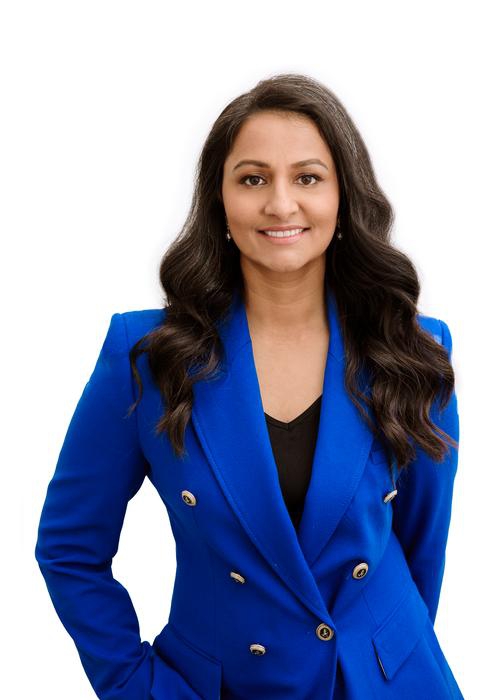It is common knowledge that if you’re involved in an auto accident, one of the first things you should do is call your own (first party) auto insurance and report the accident. However, most people don’t know what happens next so the insured usually relies blindly on their own auto insurance to guide them through the personal injury claims process, and answer coverage questions. This is a mistake and may cost you time and money.
Auto insurance companies know that most people lack adequate understanding of the personal injury claims process and coverages. A quick online search will take you to surveys on auto insurance literacy, what people think their insurance will cover, and the lack of understanding of what their auto policy will cover – and you’ll find that most people don’t know – or they think they know, but they are wrong. Note the above three examples of the larger studies are conducted by the “auto insurance companies” themselves, which again goes to show that auto insurance companies know very well the level of insurance literacy of their audience or insurers. As such, at times insurance companies take advantage of the situation and make material misrepresentations to their insureds without ramifications, which saves them work and therefore money, and the only party that suffers is the trusting insured.
What is a Material Misrepresentation?
A “material misrepresentation” is a contract term, which essentially means making a false statement or lying about something important on purpose. Below is a common anecdotal account reported by new clients:
“My insurance company told me I don’t need to open a first party claim because the other person is at-fault.”
But the fact is even if someone else is at fault and will likely pay for property damage, and eventually your bodily injury claim, you would be missing out on possible coverage you can use now.
- Use your First Party Collision Coverage. For instance, if you have your own full collision coverage, use it. The at-fault insurance company (third-party insurance) may take 30 days or more to investigate the collision and pay for the property damage. Meanwhile you could easily have your own auto insurance look at the car and pay right away for the property damage, towing and/or storage fees so you can start getting back to your life now. Although you may have to wait for the deductible to be reimbursed by the third-party insurance, it’s better to wait on a few hundred dollars, than thousands andnot have your new car or a car repaired for weeks.
- Use your First Party Personal Injury Protection. Another example is the use of first party personal injury protection (a.k.a. PIP) benefits, it is best to open a claim with your own insurance company and use those benefits now. That is what PIP is there for. If you sit around and wait to finish all your treatment, which may take months or even years, before you send the bills to third-party insurance, your bills may get sent to collections and/or amass interest. Why not send those bills to PIP and get them paid at once? There is no harm, only benefits to the insured.
- Open a First Party Underinsured Motorist (UIM) Claim. The last example on this topic applies to larger claims and when you know the at-fault driver has low coverage or is underinsured—meaning the at-fault driver does not have enough insurance to pay for all your damages. In such instances, the insured should open an underinsured motorist (UIM) coverage claim with their own insurance at the beginning of the case, instead of waiting until after the third-party insurance tenders their policy limits. This will save the insured time, as the UIM claim can be worked up at the same time as the third-party claim, and sometimes the UIM claim may even resolve before the third-party claim, which puts money in your pocket now.
This is just one example of what we hear from new clients. The interesting thing is we often hear about people or “claimants” making false statements to gain coverage they otherwise should not have, or fraud. However, the duty of being Honest is a two-way street—insurance companies have a Duty of Good Faith to their insured. RCW 48.01.030. See also St. Paul Fire & Marine Ins. Co. v. Onvia, Inc., 165 Wn.2d 122, 130, 196 P.3d 664, 668 (2008). This means they are required to treat their insureds Reasonably, Fairly and in Good Faith.
No matter how sweet or concerned an insurance adjuster sounds on the phone, they are not your friend—they are just doing their job. That is why it is important to hire an experienced personal injury attorney right after you call 911, at inception of your case. We will confirm and explain your coverages to you simply and fully, gain access to as many of them as possible, and maximize the monetary value of your personal injury claim. If you have any questions regarding insurance coverage, or an auto claim, please feel free to contact us at Kode Law Firm. We are here to help.

